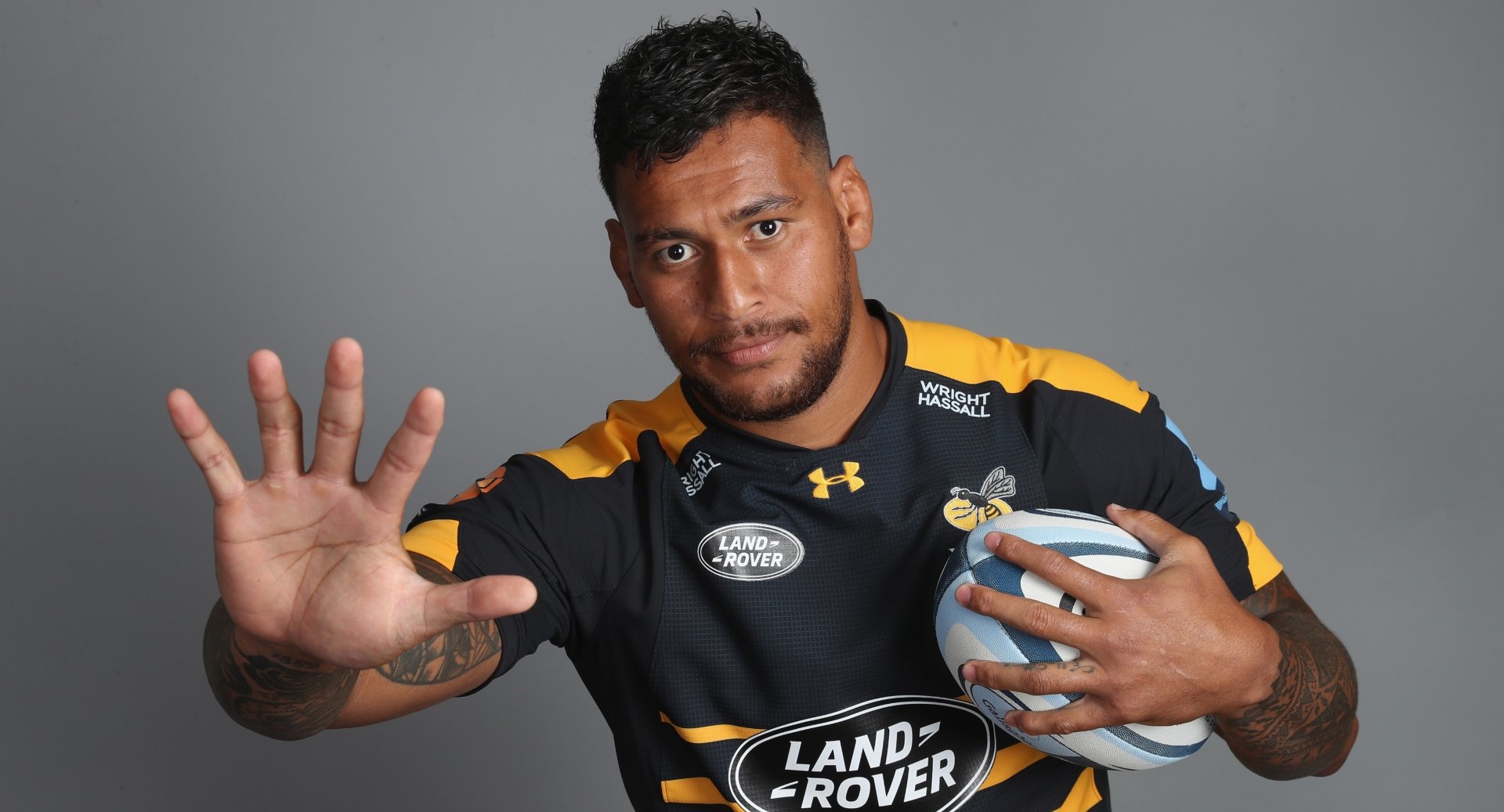Amid Nathan Hughes' Wasps contract standoff is it time to look at the Premiership salary cap?

The Gallagher Premiership salary cap stands at £7million, a figure agreed for the 2017/18 season (previously it stood at £6.5m), which will continue on until the end of the 2019/20 season. On top of this figure two excluded players are allowed. But is that enough for English clubs to compete with Europe’s best, particularly when you consider the Top 14 cap has recently been agreed at a figure of €11.3 million euro per season, roughly £10 million pounds sterling.
A plethora of All Blacks and Southern Hemisphere talent is set to flood the market after the World Cup next year, are Premiership clubs in danger of missing out? Discussion over the salary cap has been brought into focus in light of Dai Young’s comments about the difficulties of hanging on to England number 8 Nathan Hughes, with club already at their limit.
“Nathan came over and he’s had three new contracts and no pay cuts. Who can blame him? It’s a short career. Every player expects a pay rise and, to be honest, it’s going to be very difficult,” Young told the Mail on Sunday.
“You’ve got to make decisions. You probably can’t afford to keep everybody and you’re forced into making certain calls.
“We don’t want to lose anybody but to keep one of our best players, somebody else might have to go. If the price of your best players keeps going up then inevitably your squad’s going to get smaller.”
Continue reading below…
In other news: Eddie Jones explains Danny Cipriani omission
Wasps have had massive outlays on All Black Lima Sopoaga and Springbok Willie le Roux. There have also been contract extensions for Dan Robson in April and Joe Launchbury in December, while Elliot Daly’s deal off the back of a hugely successful British and Irish Lions tour last September would not have come cheap. It means the purse strings are naturally going to be tight.
So where does that leave Hughes? The Fijian-born backrow joined Wasps in 2013 and qualified to play for England through residency. He said in the aftermath of his international debut nearly two years ago that “to play for England is not all about money” – but in reality a match fee of £22,000 (which includes training fees and image rights) does certainly help. He is still just 27-years-old and has the age profile to conceivably play for England at the 2023 World Cup.
It is decision time for Hughes, international number 8’s do come with a premium price tag. He would most certainly command a large wage if he were to take his chances in France, but he would end his international career in the process. Stay on in England and the 17-times capped player would be under the RFU’s Elite Player Squad (EPS) – barring a dramatic collapse in form – where his game-time would be carefully managed and potentially extend his career.
But what about Wasps, they would be without Hughes throughout the World Cup and with the final on November 2nd – should England make it that far – they certainly would not be getting value for money in the first year of a new contract. Throw in potential unavailability for the 2019 Six Nations and Hughes becomes less desirable. Another thing to consider is would Wasps be better investing in their youth set-up, unearth the next Billy Vunipola, easier said than done of course. But a Premiership side can access £600,000-worth of ‘Home Grown Player Credits’ and with Wasps now permanently based in the Midlands, it will allow the club to set up proper academy structures in the region and should help with a talent flow. In May they announced that props Will Stuart and Tom West were being given senior deals, the template is there.
Chasing an increased salary cap in the Premiership would just put clubs under further financial strain, Wasps, for example, spent 51% of their £33.4m 2016/17 turnover on wages that season, losing £3.7m before tax. Exeter Chiefs were the only Premiership club to post a profit that season, of £1.1m. An increase in a salary cap without backing it up with elevated turnover doesn’t make financial sense.
There comes a point where clubs will have to cut their cloth accordingly, the Premiership can look to the Irish Sea to how the IRFU run things. The IRFU made €1.2m profit for the 2017/18 season, granted they were helped by Ireland’s Grand Slam and Australia tour success, along with Leinster’s double and Munster’s two semi-final appearances. The IRFU spent €42m on the Irish national team and four provincial teams combined (which included performance-related player bonuses), it averages out at €8.4m a team (£7.5m). But the IRFU have had to make tough calls, they’re determined not to get drawn into wage battles with European clubs, deciding against trying to match (or at least come close to) Racing 92’s offer for Simon Zebo. The ex-Munster man’s form this season with five tries in five Top 14 appearances illustrate yet again what a talent he is, but ultimately books have to be balanced, something Premiership clubs should take heed of when it comes to negotiating with players such as Hughes, or Anthony Watson at Bath and Maro Itoje at Saracens, who are also into the final year of their contracts.
Read Next: Four clubs chase Anthony Watson signature
You may also like: The Rugby Pod look into the options that Eddie Jones

























































